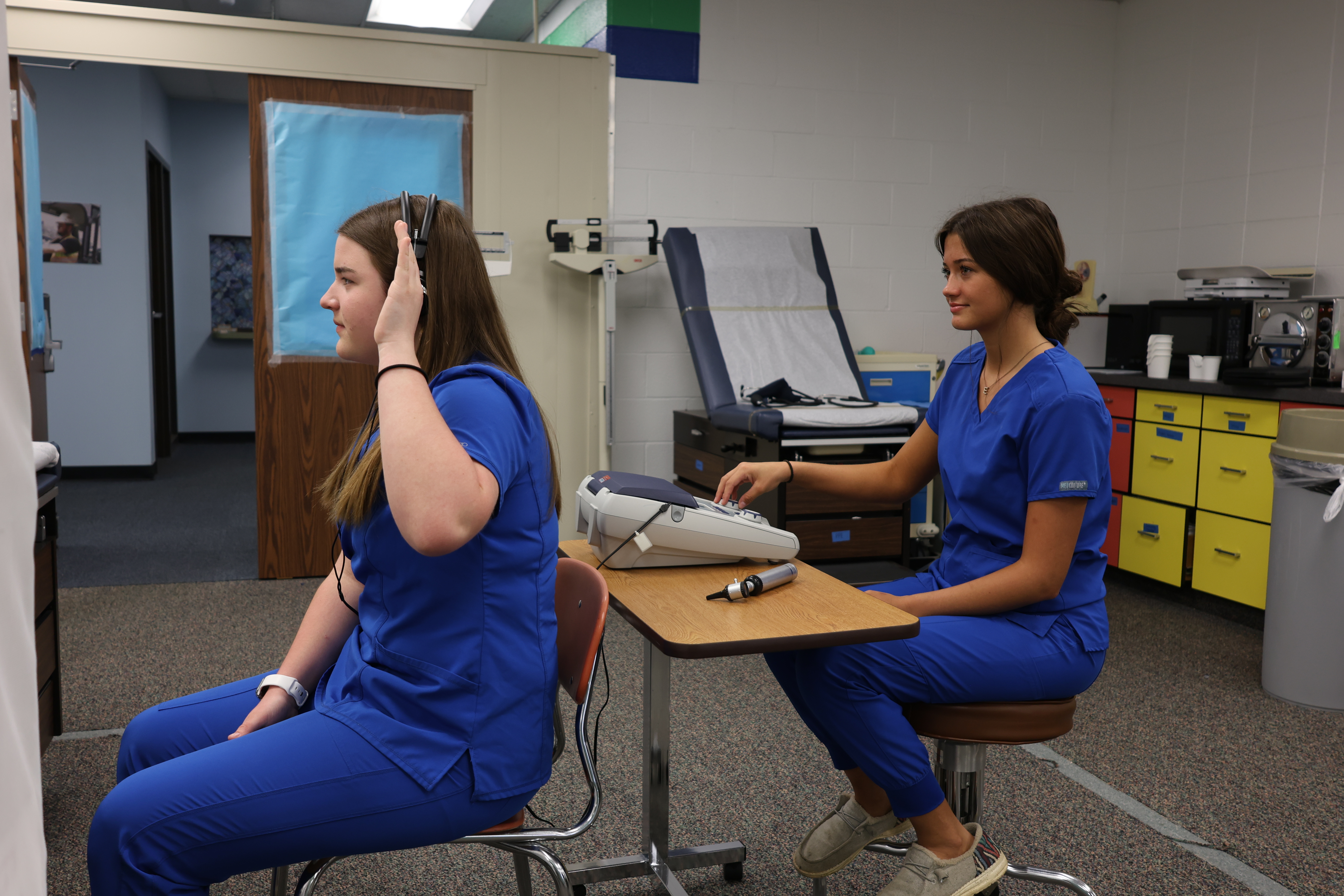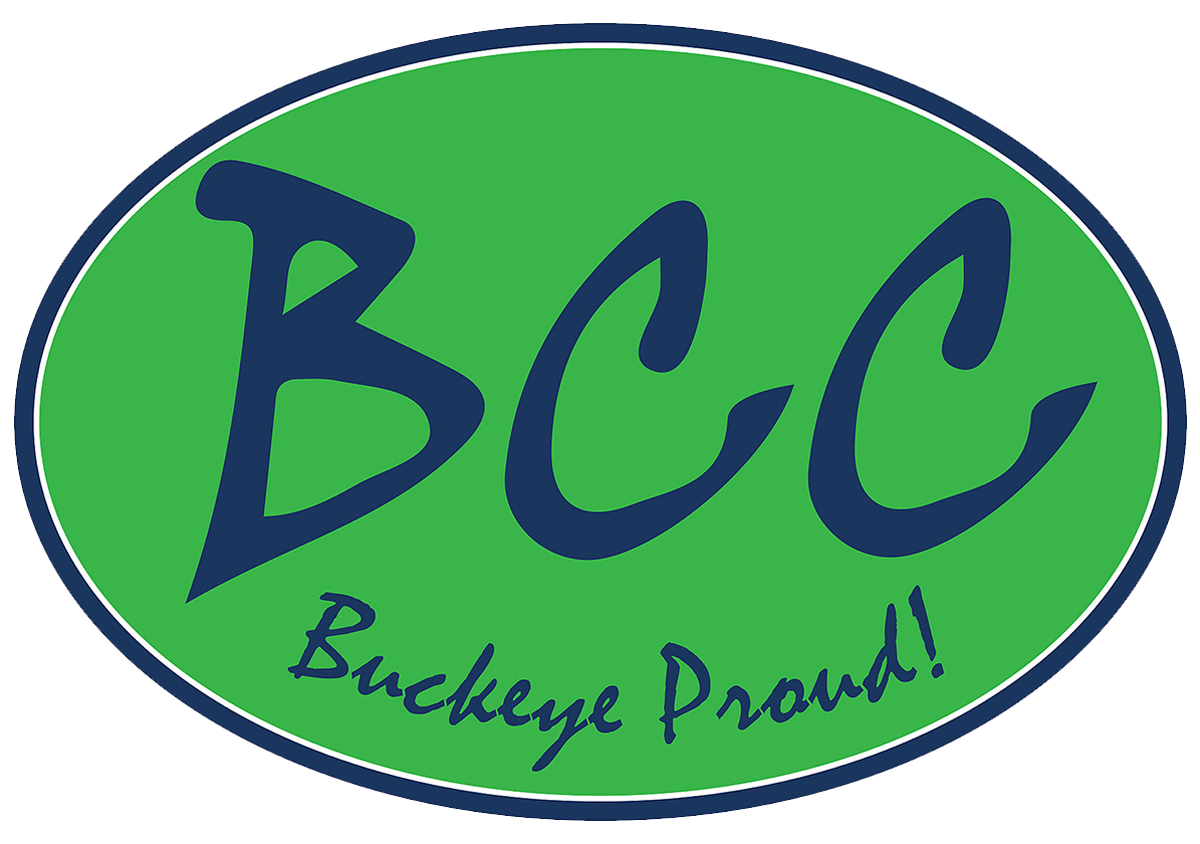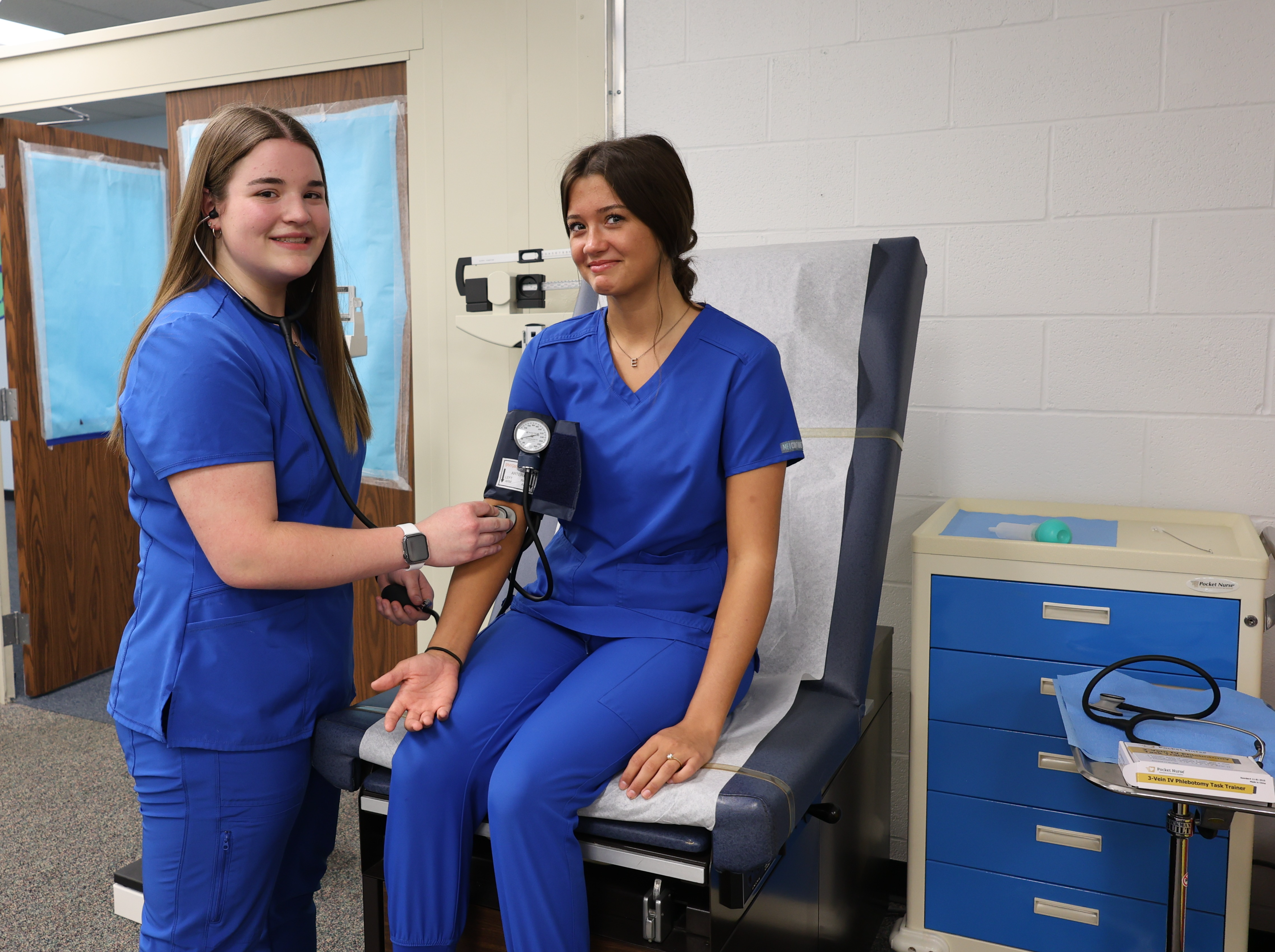Medical Assisting
FAQs
What can I do when I graduate? | What would I do in this class? | What can I do with further training? |
|
|
|
Program Quick Facts
Medical Assisting students must be able to
Read, comprehend, and follow textbook instructions
Perform basic math skills (addition, subtraction, multiplication, division, and percentages)
Have good communication skills, both orally and in writing
Work independently
Operate a computer to complete assignments on a daily basis
Instructors | College Credits | Available Certifications | Lab Fees |
|---|---|---|---|
Michelle Loibl |
|
|



